Is Snapchat having a renaissance?

Author: Alex Carapiet, published on The Drum on June 19, 2023
Advertising revenue for social media giants is shrinking and, in a bid to grab a bigger slice of the pie, TikTok is undercutting rivals by offering more impressions on the dollar.
That should be good news all around for brands, right? But among the high volume of ads served this morning, there’s a high chance some didn’t make any impact. So, brands should be looking where they can better buy depth of engagement, instead of volume, especially as audience action will increasingly become the name of the game while the storm clouds of an economic downturn darken.
Where should brands look to invest?
The short answer? Where audiences are most engaged – typically on the most innovative platforms.
Social media has always been a constant tension between serving what’s new and what’s familiar. Platforms say they serve completely fresh content every time we open their apps. However, in an effort to keep us hooked, those videos are aligned with our preferences, fine-tuned by machine learning to keep our eyeballs locked.
With brands always looking for new ways to cut through, is this the time for Snapchat to shine? Snap has never been the largest social media platform, even with the announcement that it hit 750m users. But it is one that always wanted to push boundaries and evolve the user experience, although not necessarily always for the better.
When Kylie Jenner tweeted: “Sooo does anyone else not open Snapchat anymore? Or is it just me... ugh this is so sad” – it helped tank Snap Inc.’s share price. Much of Snap’s hard work since then is paying dividends and attracting advertisers.
In December, Snapchat+ achieved an impressive milestone, netting a record-breaking $6.8m in revenue and at the Snap 2023 Investor Day they announced having 2.5m users for paid subscriptions; a notable increase from November when the app experienced a shift of +12% in revenue. But this does not make it immune to the tech industry slowdown.
Snap more recently reported its slowest-ever rate of quarterly growth. Most revenue comes from in-app purchases, with users spending on virtual items and lenses. The popularity of lenses and filters, as well as ‘Snappable’ AR games, is largely responsible for this success.
Advertising
Advertising on the app has also been successful, with brands such as McDonald's, Coca-Cola and Samsung all running campaigns. Additionally, e-commerce capabilities have expanded, allowing brands to sell products directly to users within the app.
These numbers only represent global iOS and Google Play revenue, without additions from Amazon Appstore and Samsung Galaxy Store, so actual revenue may be higher. Snapchat’s ability to innovate and adapt to the ever-changing digital landscape has helped it generate significant revenue.
Snapchat has seen tremendous success in generating app revenue, thanks to its strong focus on user engagement and the introduction of new features. Its unique features and highly engaged user base have enabled it to differentiate itself from other platforms and continue to attract users and advertisers.
Ray tracing
There is huge potential for Snap to innovate in the AR-driven eCommerce space, which is looking likely to explode this year. Pre-Christmas, Snap released new voice-powered AR with New Balance allowing users to verbally respond to questions and receive tailored gift idea recommendations while enjoying an immersive in-app AR unboxing experience.
Snapchat continues to make waves in the AR space by introducing ‘ray tracing’ to its Lens Studio. Ray tracing is a computer-generated simulation that recreates light effects within digital images, making them look more lifelike and engaging. With 72% of Snap’s users already engaging with in-app AR, this addition will make those experiences more compelling. Tiffany & Co was the first brand to leverage this new feature with its Tiffany Lock Lens. No doubt more will follow.
At the Invest event, Snap unveiled several new products and features, including a 3D Snap Map and an exclusive Communities feature: a private platform that allows members to add friends and post to school-specific Campus Stories. The feature launched with 1,400 US colleges, and Snap plans to expand it soon.
Snapchat Lenses have been pumped-up with machine learning capabilities, thus tailoring its offerings in accordance with usage history. It also tailored visual searches to accommodate products sold by brand creators. The developments, along with 3D filters and other immersive content, led to more than 200m users interacting with AR daily on the platform.
Snap will lead the content revolution once again
Times may have changed, but Snapchat is still focusing on what brought it attention in the first place: the ephemeral format of disappearing content and a focus on AR filters; a precursor to today’s AR statistics. Snapchat arguably revolutionized the way people create and share content online — and it’s doing so again.
Although it could be argued the rate of development has slowed, Snapchat’s full roster of ad options is still more innovative and accessible to brands than their key competitors. Consequently, if brands want to stand out, they should be learning how to utilize these new capabilities. With Innovation in Snap’s DNA, they are likely to be the first to discover that next big step forward in social media content innovation.
To read the full article, visit The Drum.